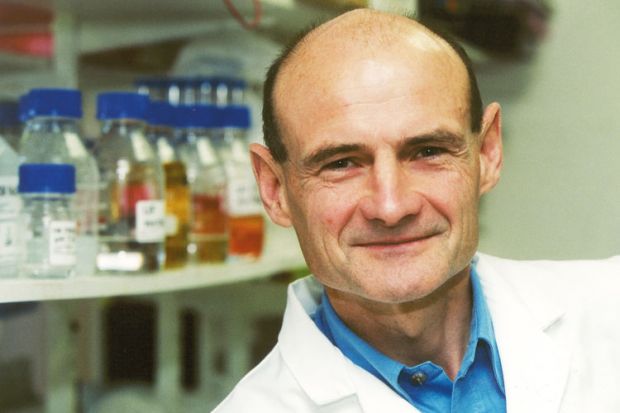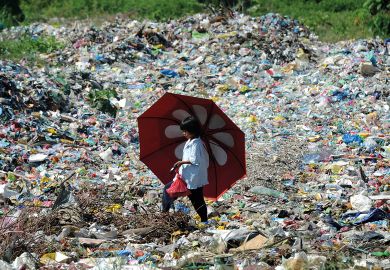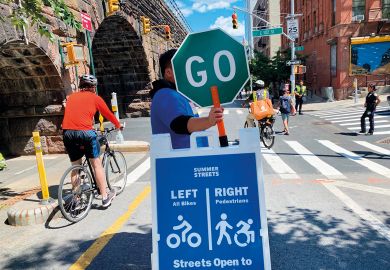Chris Marshall was born in Birmingham on 19 January 1949 and educated at the King Henry VIII School in Coventry. He studied natural sciences at the University of Cambridge and took a DPhil in cell biology at the University of Oxford. As a postdoc he worked at what was then the Imperial Cancer Research Fund in London, and later the Dana-Farber Cancer Institute in Boston.
In 1980, Professor Marshall joined the Institute of Cancer Research in London. He would remain there for the rest of his career, going on to serve as head of cancer biology, professor of cell biology and director of research.
Along with his colleague Alan Hall, Professor Marshall set out to identify segments of tumour DNA that, when introduced into healthy cells, have the capacity to transform them. This led to the discovery of the NRAS oncogene and a landmark 1983 paper in Nature elucidating genetic drivers for the development of cancer.
The team then went on to demonstrate exactly how NRAS and similar proteins transmit signals from the outside of the cell to the nucleus, and how this signalling pathway becomes deregulated in cancer. Further research illuminated this process of malignant transformation in more detail and so made possible the development of recently approved cancer drugs that are now beginning to benefit patients worldwide.
For Clare Isacke, academic dean at the Institute of Cancer Research, Professor Marshall was “a very good and entertaining friend” and a “big character” who people rarely forgot. If anyone was unsure which of many similarly named institutes she was attached to, she said, she had only to say that it was “the one on the Fulham Road where Chris Marshall works”.
He was also, Professor Isacke continued, “exceptional in the time he gave to other people” and firmly committed to the idea that “science is not just about becoming famous yourself but training the next generation”. Outside the office, he was “a passionate cyclist – discussions would often deviate into looking at pictures of bicycles”.
A fellow of the Royal Society, Professor Marshall was awarded its 2008 Buchanan Medal as well as the 1999 Novartis Medal of the Biochemical Society, the 2011 Cancer Research UK Lifetime Achievement Award and the 2015 Biochemical Society Centenary Award. He died of colorectal cancer on 8 August and is survived by his wife Lesley, three children and four grandchildren.
Register to continue
Why register?
- Registration is free and only takes a moment
- Once registered, you can read 3 articles a month
- Sign up for our newsletter
Subscribe
Or subscribe for unlimited access to:
- Unlimited access to news, views, insights & reviews
- Digital editions
- Digital access to THE’s university and college rankings analysis
Already registered or a current subscriber? Login




